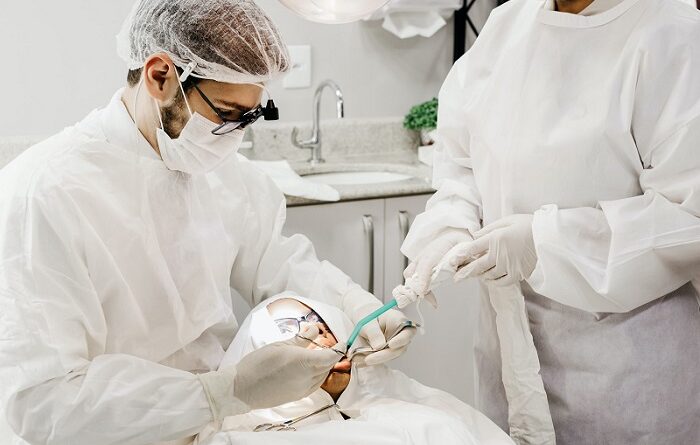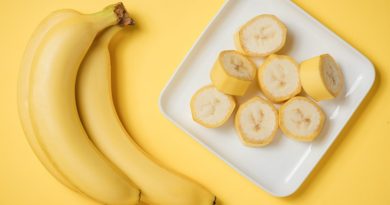What Foods Should You Eat after a Dental Implant?
A dental implant is a surgical procedure, post which it is very important to take certain precautions and measures to ensure that the recovery takes place at the soonest possible and that there are no complications involved. Since every surgery requires abstinence of food intake before surgery, food is the foremost thing that one needs to take care of after getting the surgery done, and since it is a dental surgery the ability to chew is already weakened. In this article, we will discuss the various precautions one must take and foods that one must eat after a dental implant.
What is a dental implant?
A dental implant refers to a metal structure that is fixed into the mouth of the patient with screw-like devices to replace a missing tooth. It is a metal structure that replaces the root portion of the missing tooth, an artificial tooth is placed on this metal structure in a dental implant to give the feel of a real tooth.
The foods that one should eat after a dental implant are:
- Prefer all liquid meals:
After a few days of the dental implant, one must prefer having an all-liquid diet, since the strength of the teeth are weakened, one must prefer consuming soupy foods, avoid chunky or solid foods, one can adopt health drinks that are nutritious, adding more of vitamin C and calcium in the diet will ensure healthier teeth but in moderation, most of the citrus fruits are highly acidic and can damage the enamel of the teeth. Smoothies are a blend of raw vegetables and fruits and are a healthy form of diet, but it must be kept in mind that they are made chunk-free.
- Cooked cereals:
Cereals such as oatmeal, ragi, bajra, etc., cooked in cheese or cream of wheat topped with a spoonful of butter and cinnamon and some berries is easy to chew nourishment. It is not only healthy but also tasty and is really nutritious. Also, since the strength of the teeth is not very high, one should prefer eating soft grains.
- Scrambled eggs:
Eggs are rich in phosphorous, a nutrient that is of utmost importance for oral health, thus, scrambled eggs are a source of excellent nutrition, it is delicious, and an easy to chew option among others. Another thing, eggs are rich in Vitamin D, it is one nutrient that is most required in order to absorb calcium, thus, it is highly preferred and suggested to consume eggs after a dental implant.
- Sweet potatoes:
Sweet potatoes are rich in Vitamin C and are not very acidic thus are just right for oral health, besides this, they are consumed after boiling and are mashed so the chewability of the food becomes really easy.
- Green vegetables:
Leafy green vegetables such as spinach, kale, etc., are a rich nutrient diet for a person who has recently undergone surgery. If these vegetables are cooked until the consistency of the food becomes really soft, they can become easily chewable and can offer abundant levels of calcium. To enhance the taste of these foods, they can be cooked in olive oil or butter.
- Non-veg blended with softer foods:
If you are a non-vegetarian, the options for such options are also open, but, for that, one needs to blend non-veg options along with softer materials that can be chewed such as potatoes or vegetables with the help of a food processor. A healthier option is including salmon, cod, or another type of fish because fish is rich in nutrients such as Omega 3 fatty acids which helps to reduce the inflammation that can lead to swelling up of gums.
- Milk /cheese /yogurt:
Dairy products contain calcium and are rich in protein and are highly suggested for having healthy teeth, thus, milk and other milk products should be consumed to strengthen the teeth and the gums. The only thing one needs to take care of is not to consume milk too hot, it must be consumed either cold or lukewarm, to prevent damaging the implant.
- Milkshakes:
Blending milk with fruits is one fulfilling option for a person who has had recent surgery, but one thing to consider is that it should not be consumed with a straw, sucking on a straw utilizes muscles and movements of the jaw, and may cause discomfort and cause bleeding at the dental implant portion.
Similarly, smoking also requires suction, which puts inadequate pressure on the implant site, thus, it should be kept in mind that it is avoided so that it does not interfere with adequate oxygenation and nutrition supply to wounds.
One should avoid eating acidic, spicy, crunchy, or sticky foods, as they may cause irritation to the implants, thus, one should be very careful of what they eat after having an implant.



